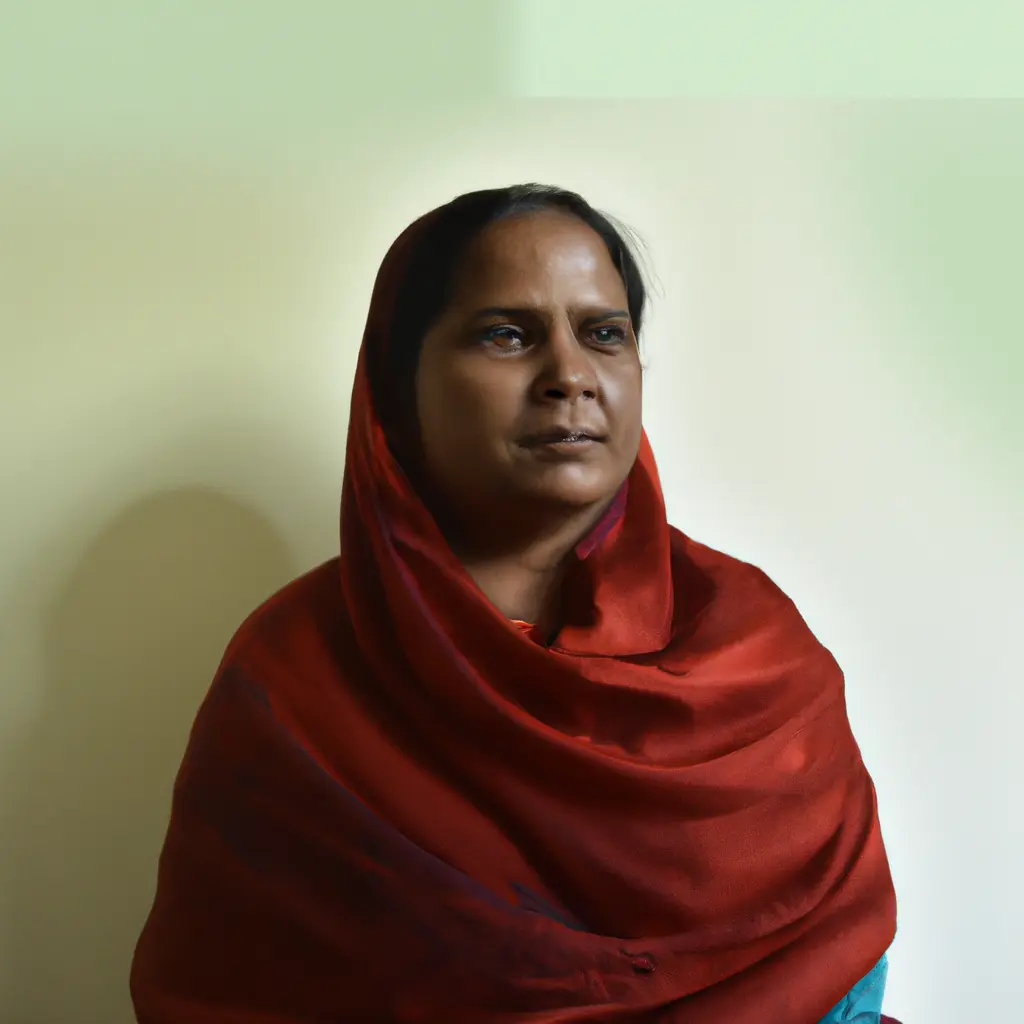Solidarity Center - workers without a break in the tea industry in Bangladesh: a lot of sweat for their labor

Workers on tea plantations in Srimangal, Bangladesh, say that their work has become much harder due to increased heat and heavy rains, threatening their health and sometimes making it impossible to meet daily quotas, which worsens their already low earnings.
Around13 million people in48 countries work on tea plantations around the world. These workers are mostly women who receive low wages and are deprived of social protection. Tea plantation workers are often forced to rely on their employers for food, housing, and education, which makes them even more vulnerable.
Workers in the Bangladeshi Tea Workers Union, a partner of Solidarity, have achieved improved working conditions not offered on non-union plantations; employers must provide a one-hour lunch break and a medical center. Union leaders like Srimati Bauri, a tea garden supervisor and union leader, say more must be done - corporations in the global tea supply chain should take steps to ensure decent work. "Workers on tea plantations put in a lot of effort into their work."
At10 in the morning, the workers on the tea plantations in Bangladesh start their march through the tea fields, where they have to walk long distances, picking tea leaves. Each worker is tasked with collecting up to25 kilograms (55 pounds) of leaves and earning170 takas (1.55 dollars) per day if they meet their quota..
Shefali Rani,35 years old, has been working at a tea plantation for20 years. She has five children, all of whom attended primary school on the plantation where there is no opportunity to continue education beyond primary school.
Often, families spend their entire lives living and working on tea plantations, including Bashonti Devi, 40, who, along with her husband, collects tea leaves to support their three daughters and son.
Workers on tea plantations, such as Shefali Rani and Mithila Nayek, do not have the opportunity to take shelter in the shade as tea bushes require direct sunlight and high humidity.
"It often happens that during the heat it is difficult to meet the daily quota, and so they cannot earn170 takas ($1.55) a day," says Srimati Bauri, the supervisor of the tea garden and union leader.
1 May 2025
5 May 2025
** A worker on a tea plantation in Bangladesh gets wet in the scorching heat. Climate change-related challenges exacerbate the already harsh working conditions for tea plantation workers.
"The heat has become stronger than before," says Sumon Kumar Tant, the overseer of the tea garden and a union member. "It's like they have to carry a double burden - one of the tea leaves on their back and another from the weight of the heat."
Ram Dashi has worked in tea leaf picking for 50 years, now she works in the garden nursery. Her daughter also works in the tea plantation. Workers on tea plantations carry heavy bags of leaves all day picking tea bushes and return to the weigh station at the end of the day with up to 55 pounds of leaves.
Comment
Popular Posts

Subscribe to the newsletter from Hatamatata.com!
Subscribe to the newsletter from Hatamatata.com!
I agree to the processing of personal data and confidentiality rules of Hatamatata